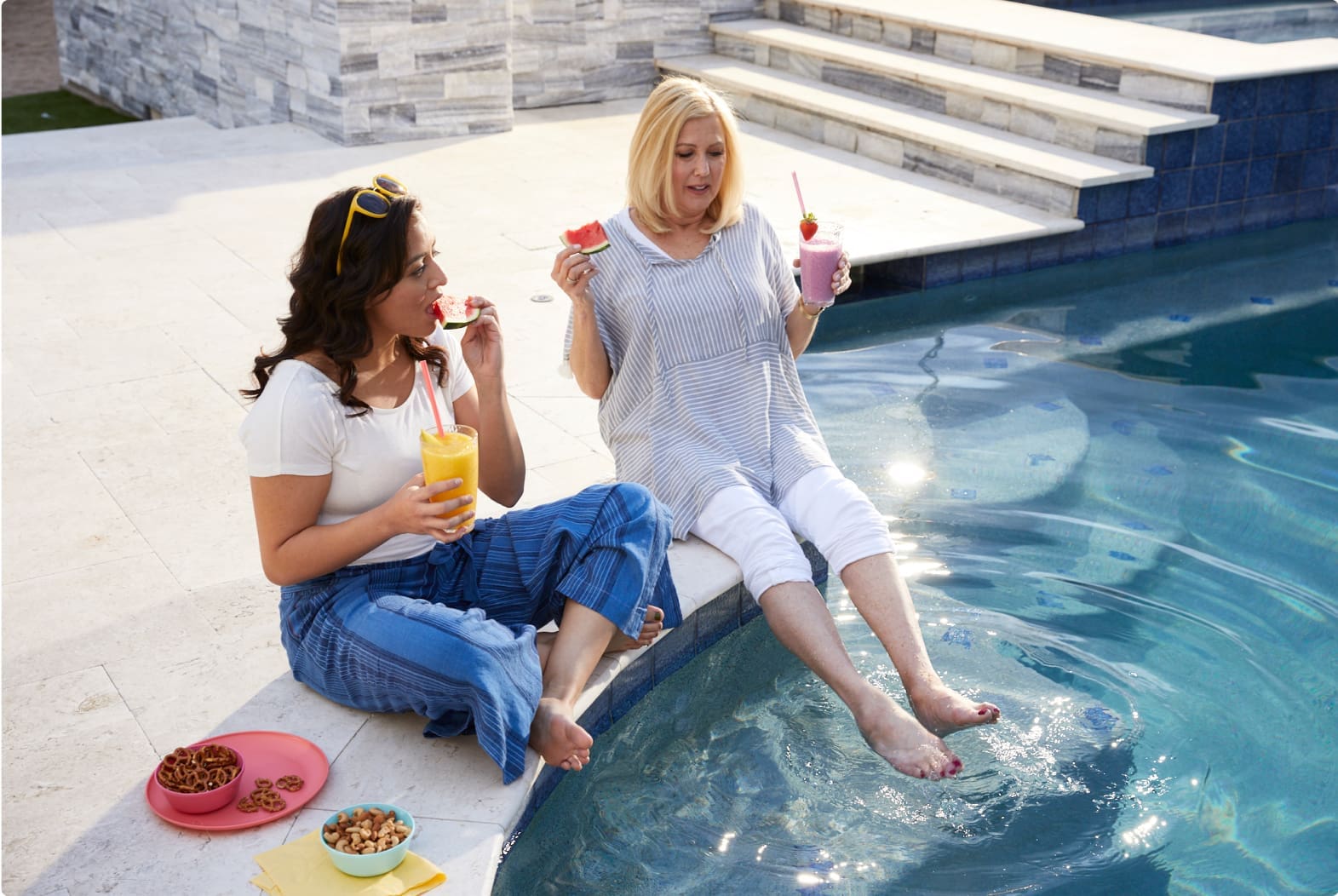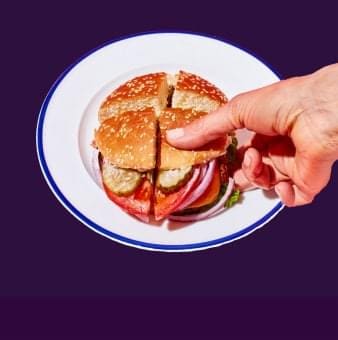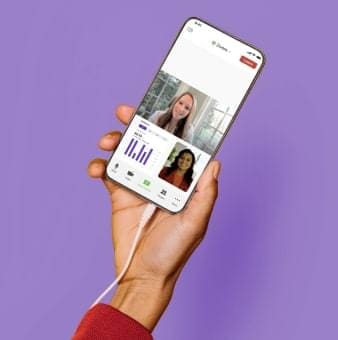Self-care doesn’t cost a thing

Wellbeing WondrLife WondrTips
9 tips for putting yourself first
In a world where bath bombs, face masks, and meditation app subscriptions are trendy, it can feel like practicing self-care means spending money.
The thing is you don’t need to spend money to de-stress. There are plenty of healthy, no-cost activities you can do to rest and recharge, many of which don’t require any supplies (or if they do, they’re things you can likely find in your kitchen).
And while it’s always important to prioritize relaxation where you can, it’s especially important to do so with all the stress this uncertain situation we’re in is causing.
1. Have a private dance party
No, really, turn on your favorite music and dance like no one’s watching. Moderate to intense physical activity releases endorphins—otherwise known as “feel-good” chemicals in your brain that relieve stress and pain.
Plus, getting your groove on can be more fun than doing that old workout tape for the 17th time and the perfect way to stay active when going outdoors (or to the gym) isn’t an option.
2. Put one foot in front of the other
Go for a walk. Getting your heart rate up, even a little, helps you clear your head. Plus, spending time outdoors reduces stress and anxiety, which is especially helpful with everything going on. (Just remember to follow the CDC’s guidelines and stay at least 6 feet from others!)
If you don’t have access to the outdoors, don’t worry. Walking indoors around your house or apartment is still beneficial. And you can always recreate that outdoorsy feeling by listening to nature sounds.
3. Soak the stress away
Draw a hot bath. Immersing yourself in hot water allows any tense muscles to relax and stiff joints to loosen.
If anxiety is preventing you from getting to sleep, try an Epsom salt bath to boost relaxation. You can also add coconut oil to soften your skin, a sprinkle in torn mint leaves for a refreshing feel, or lavender essential oil for a calming effect.
4. Press snooze on a stressful day
Take a power nap. Closing your eyes for 15 to 20 minutes can improve your energy levels and attention span, while 90-minute catnaps boost your memory and creativity.
Just make sure to set your alarm! Snoozing for longer than 20 but less than 90 minutes might leave you feeling a little groggy. If you do wake up feeling a bit groggy, no worries. You’re still reaping those nap-tacular benefits.
5. Laugh it up
It’s cliché, but laughter really can be the best medicine. Laughing lowers stress hormones and helps strengthen your immune system.
So, find what makes YOU laugh. Turn on some stand-up (you can find free comedy routines on YouTube) or, one of our personal favorites, search “cake fails” on Google.
6. Enlist the help of furry friends
One study that suggests watching cute animal videos can help you de-stress. And we don’t know about you, but it worked for us!
If you want to give it a try, search “cute animal videos” on YouTube, and let puppies, kittens, and other adorable animals whisk you off to the land of awwws and baby talk.
And if you have a furry friend at home with you, set aside some snuggle time. Doing so will help you feel less anxious and lower your blood pressure!
7. Lose yourself in a book
Diving into a good book is like taking a trip to another world—a world without quarantines or toilet paper shortages (well, depending on what book you read, anyway).
Reading fiction does, however, reduces anxiety and increase our compassion toward others. So, grab one from your shelf or download an app that lets you read one on your phone or tablet!
Got kids (especially younger ones)?
You can try any of the above self-care activities after they hit the hay. Or maybe if you’re lucky, you’ll be able to recruit them into a mini-dance party or get them to sit still and watch a few cute animal videos.
But just in case these aren’t options, try these two activities out together:
8. Create some kid-approved goo
Ok, hear us out on this one. Some folks find different textures relaxing, and playing with this easy-to-make goo (or, if nothing else, keeping your kids entertained with it) might help lower your stress levels, too.
Dump a box (or half a box) of corn starch into a bucket or large mixing bowl, add water slowly, and stir the mixture around until it’s smooth. If you’re feeling dangerous, you can add glitter or food coloring into the mix. But the texture of this slimy goop is enough to entertain without these additions.
We recommend playing with the goo in an area that lends itself to easy cleanup—like in an empty bathtub or outdoors near a hose.
9. Get crafty and practice gratitude
With everything going on, it can be hard to find it in us to be thankful. But doing our best and trying to practice gratitude can actually help us reduce some of the anxiety we’re feeling.
A fun, creative way to do this with your kids is to get out something to draw with (crayons, markers, colored pencils, etc.), grab a stack of paper, and write thank you notes to people (or places and things) that you’re thankful for. If you’re feeling extra hands-on, you can get out some glue and other crafting supplies you’ve got to add a little more pizzazz to your cards.
And if you’d like, you can even send them to those you write them to. Because at the end of the day, love really is what makes the world go round.
Regular self-care doesn’t have to be expensive or time-consuming. And finding even a little downtime each day will help you stay in a good headspace during these stressful times.
As always, remember, your time is valuable. Don’t forget to save some of it for yourself!





